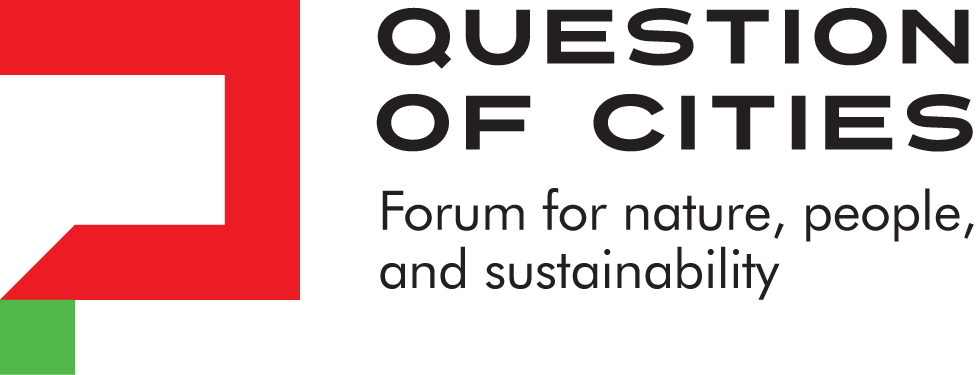Editor's Note
Welcome to the Question of Cities.
Question of Cities is an online journal focused on cities, nature and people in ways that go beyond the popular or the obvious. It’s a space, a forum, to capture the contradictions inherent in the present-day understanding of urban development and foreground two themes: the climate crisis we are faced with and people’s right to the city which includes a sustainable relationship between people and nature.
Cities are engines of growth and development, goes the saying. What it sidesteps are the difficult questions about cities built to satisfy only the economic impulse and further only its profit-orientation. While the economy of a city is undeniably important, it commodifies cities and everything in them, it locks ecological well-being into a false binary with development, eventually making cities unsustainable and exclusionary.
Urbanisation has become synonymous with buildings and mega projects leading to super-dense cities, damaged ecology, and dissatisfied or poorly served people. The abysmal and unsustainable state of ecology in our cities, the severed relationship between people and nature, the indifference of most governments to environment, policies which damage or destroy various natural habitats in pursuit of development, and the clear and present danger of Climate Change are all issues of deep concern to us in Question of Cities.
As we launch today, parts of India are in the throes of a searing heat wave while others are battling heavy rain and water-logging. In both situations, it’s the common folk who bear the brunt; the more marginalised and poorer they are, the harsher it gets for them. It does not have to be this way. Cities have also been fragmented in social and spatial terms, creating and deepening inequalities of not only wealth but also access to amenities for a large number of people. There’s polarisation along many fault lines, parts of cities have turned into backyards of discrimination, abuse, and strife.
Cities, as they are, are neither equitable and inclusive for large millions living in them nor are they ecologically sustainable and viable. Making them so begins with asking the tough questions and seeking answers or alternatives – questions about narrow concepts of development and alternative approaches, questions to governments and corporates, questions about multi-national and multi-lateral agencies’ notions of urbanisation, questions about people’s rights in a city and to the city, about people’s participation in shaping their cities, about gender and the marginalised, about lopsided housing and transport, questions about the public and the private, about space and claims to that space, about the collective good, and more.
At the intersection of urbanisation, ecology and social equity, Question of Cities will, every fortnight to begin with, raise the difficult questions through stories, essays, thought papers, and research in multimedia formats, and shape a forum for us all to have conversations and dialogues about our cities.
Read Question of Cities, subscribe (it’s free), and spread the word.
Thank you,
Smruti
May 20, 2022
